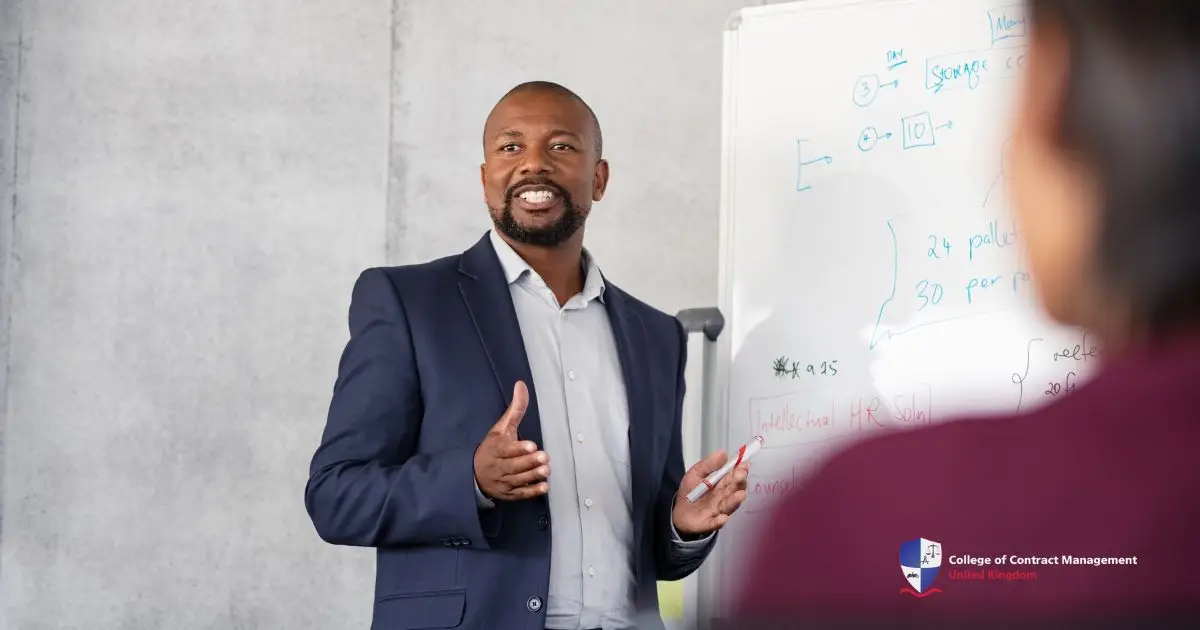A competency based interview has become popular as companies want to see a candidate's skills and experience. This interview is different from the regular ones, which often ask hypothetical questions. It focuses on real examples of how key skills have been used in past experiences. As a result, the hiring team can see how a candidate might deal with the same situations in the future.
This article covers everything that people need to know about the competency interview. It explains how this interview works and why the hiring teams use it. Moreover, it also provides examples of common questions. In addition to that, it has helpful tips on how to prepare for the interview. Understanding this allows candidates to show their strengths and make a great impression. Keep reading to get new insight on the job-seeking journey!
What is a competency based interview?
A competency based interview is a type of interview in which the interviewer sees how well people can handle challenges. This interview aims to find out if the candidates have the skills for the job. Instead of asking what the candidates would do, the interviewer will ask for their experience.
The idea behind this interview is how people behaved in the past can predict how they'll perform in the future. It helps interviewers understand how the experience relates to the job people are applying for. Besides, people get the chance to share real examples from their work experience. Overall, this gives people a chance to show how they can apply their skills and knowledge.
competency based interviews are different from regular ones. Normally, the interviewer will ask random questions like "What can you do for the company?" or "Why did you apply for the job?" to get a general sense of the candidates. In contrast, competency interviews are more organised because each question focuses on a skill for the job.
Competency based interview method
The methods in the competency based interview focus on how candidates answer the questions. These methods ensure that candidates give specific examples from their experiences. In addition to that, candidates must explain how they dealt with situations in the past and how they would face similar ones in the future. Let's take a look at these methods.
STAR method
The STAR method is a popular technique for answering competency based interview questions clearly and in an organised way. It stands for Situation, Task, Action, and Result. This method ensures that responses are focused and relevant to the skills the employer is looking for. Therefore, it aims for candidates to give clear and structured answers that focus on the skills and behaviours relevant to the job. Here's how it works:
- Situation: Describe a specific event or challenge that happened.
- Task: Explain how to complete the task or solve the problem in that situation.
- Action: Explain the steps to solve the problem or complete the task.
- Result: Share the outcome of these actions by highlighting any positive impact, achievements, or lessons learnt.
STARR method
Aside from the previous method, people can also use the STARR method to answer a competency based interview. This method is an extension of the STAR method, in which the other 'R' stands for Reflection. This extra step allows candidates to show how they've learnt from past experiences. Here's how to use the method:
- Situation: Explain what was happening at the time.
- Task: Describe what needed to be done or what challenge was faced.
- Action: Share the specific steps taken to solve the problem.
- Result: Talk about the outcome. If possible, include numbers or facts to show success.
- Reflection: Explain what was learnt from the experience and how it helped in future situations.
Common questions in a competency based interview
The first step to achieving the competency based interview is understanding how it works. In other words, it's important to prepare the types of questions that will be asked. These questions focus on key skills like leadership, problem-solving, teamwork, and communication. To answer them effectively, candidates should include real examples from past experiences that show these skills. Thus, here are the examples:
- When have you completed a difficult task as part of a team?
- Describe how you have positively contributed to a team.
- Have you ever received negative feedback from a manager, employer or coworker? How did you handle it?
- Describe a difficult situation you resolved at work
- How have you contributed to the improvement of a team's overall performance in the past?
- What is the most challenging decision you have ever made at work? Why did you find it challenging, and what was the outcome?
- Describe a significant change you've had to accommodate in the workplace and how you dealt with it.
- Have you ever had to work with someone you didn't get along with? If so, how did you make the situation better?
- Provide an example of a time you successfully handled conflict within the workplace.
- What would you consider your biggest workplace achievement?
Mistakes to avoid in a competency based interview
When preparing for a competency based interview, it's important to focus on the job skills. However, being aware of common mistakes helps to avoid problems during an interview. Avoiding these can help people present themselves better and increase their chances of passing. In short, understanding these mistakes will build confidence during the interview. Here are some key mistakes to watch out:
- Giving irrelevant answers: Make sure the answers are clear and related to the question. Don't talk about something random that doesn't show the skills the employer is asking for.
- Focusing too much on the problem: It's important to talk about how the problem was solved, not just the problem itself. Employers want to know what was done and what happened because of it.
- Not providing measurable results: When possible, mention numbers or facts in the answer. These make the answer stronger.
- Overloading answers with unnecessary details: Details are important, but they are best used to support the main points.
How to prepare for a competency based interview
Preparation is the key to doing well in a competency based interview. Start by researching the company and the job to understand what the company values and what the role needs. After that, pay attention to the skills in the job description and think of real examples where those skills were demonstrated.
After gathering the information, identify the key skills that the job needs. A job usually needs skills like problem-solving, communication, and time management. To show these skills, reflect on how they were used in the past. As a result, strong examples will be ready when it's time for the interview.
Finally, practise using STAR and STARR methods to create competency based interview answers. These methods keep the answer clear and focus on the skills the employer is looking for. Ensure to choose examples that show how the actions create a positive impact. In other words, the more people practise, the more confident they are in the interview.
Final words
Instead of asking general questions, competency based interviews focus on specific skills to understand how candidates have handled situations in the past. To do well in an interview, it's important for candidates to prepare. This means researching the company and understanding what skills the job needs. Besides, applying the STAR and STARR methods helps candidates answer the questions. In short, these steps are a great chance to demonstrate skills and make a strong impression on employers.
If you want to gain skills for future jobs, enrolling at the College of Contract Management is a great choice. It offers online courses about skills that employers value. Moreover, you'll feel more confident in preparing for an interview with the right knowledge and skills. Don't wait—enrol at CCM today and start building your future!





